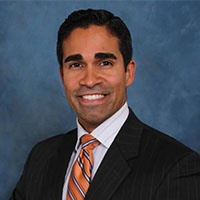Clinton Corners Misdemeanor Lawyer, New York
Sponsored Law Firm
-
 x
x

Click For More Info:
-
Law Office of Mark S. Guralnick
55 Madison Avenue 4th Floor Morristown, NJ 07960» view mapCriminal Defense Law Dedicated. Fearless. Successful.
Mark S. Guralnick and his legal team have helped clients throughout the USA and across the world by applying unparalleled dedication and hard work to each case.
800-399-8371
Angel I. Falcon
✓ VERIFIEDCriminal, DUI-DWI, Felony, Misdemeanor, Traffic
Angel I. Falcon is a Dutchess County based general practice catering to the legal needs of individuals and businesses in the Hudson Valley and surroun... (more)
Thomas Joseph Melanson
Criminal, Felony, DUI-DWI, Misdemeanor, White Collar Crime
Status: In Good Standing Licensed: 20 Years
Kenneth Puig
DUI-DWI, Misdemeanor, Personal Injury, Traffic
Status: In Good Standing Licensed: 27 Years
FREE CONSULTATION
CONTACTJames Winslow
Criminal, DUI-DWI, Felony, Misdemeanor
FREE CONSULTATION
CONTACT Mark Guralnick Morristown, NJ
Mark Guralnick Morristown, NJ AboutLaw Office of Mark S. Guralnick
AboutLaw Office of Mark S. Guralnick Practice AreasExpertise
Practice AreasExpertise

